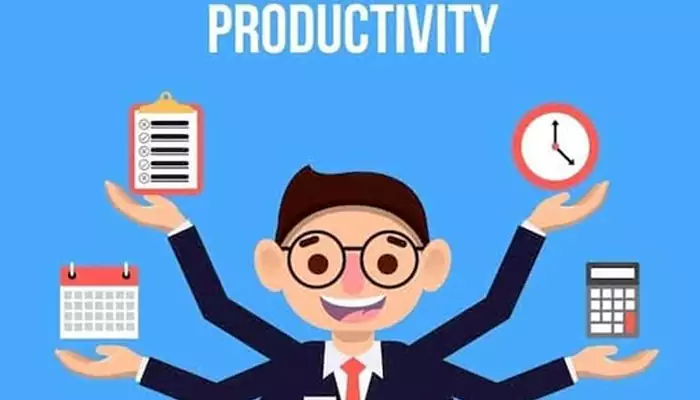
Fed up with post-work fatigue? These simple strategies can actually help you!
Feeling tired is something we all go through, whether our job involves physical work or sitting at a desk. Feeling completely drained after work often leaves little room for personal life, leading to loneliness, sadness, and sometimes guilt for neglecting our loved ones. The daily demands, especially when working from home, can leave us exhausted both physically and emotionally. Quitting isn't an option for most, so how do you deal with fatigue after long working hours? Let's dive into some extremely useful tips!
Let the authorities know if you feel overwhelmed
When you find yourself drowning in tasks, asking for help is not a sign of weakness—it's a strategic move. Your employer wants you to excel, but they need to know your situation. Talk to your supervisor about your workload, and they can reassign tasks or find someone to support you. While taking on extra work might appear as a shortcut to promotion, it's counterproductive if it leaves you drained. Focus on making small adjustments to avoid fatigue and strike a balance between your work and personal life.
Sleep at night
We all know it, but not all of us adhere to it! Insufficient sleep is a major contributor to daytime fatigue. The remedy? Aim for a full night's sleep by getting to bed early. A 2004 Stanford University study found that unrestricted sleep leads to increased energy and reduced fatigue. Good sleep habits also contribute to our overall health. So, disconnect from wifi, switch on your night lamp, and hit the hay early to wake up refreshed for the next workday!
Eat your lunch
Skipping lunch due to a busy schedule is not advisable. Having lunch provides an energy boost during the workday, and if fatigue sets in, consider a small snack to replenish energy levels. Opt for homemade food during lunch, indulge in light snacks if hungry, and cut down on excessive tea or coffee consumption. These practices can enhance your energy, preventing feelings of sluggishness, fatigue, or sickness after a full day of work.
Enjoy your work
Doing the same tasks repeatedly can make you bored, and a monotonous workday can leave you mentally tired. Changing your routine can make a big difference, letting you enjoy your work instead of just going through the motions. Try switching the order of your daily tasks—doing easier ones in the morning and saving more interesting ones for the afternoon. Use break time for a few minutes of meditation, a quick walk, or breathing exercises to feel refreshed. Avoid spending that time on social media memes or scrolling through Instagram reels. It can make a positive difference in your energy and focus.
In our society, long work hours and irregular shifts are widespread. A significant number of individuals put in over 40 hours per week, with millions navigating evening, night, or rotating shifts. The shift to remote work has further amplified irregular working hours. Such schedules can contribute to workplace fatigue, bringing about heightened stress, unhealthy eating habits, sedentary lifestyles, and increased susceptibility to illness. Recognising the signs of fatigue is essential for both individual well-being and the safety of coworkers. While companies must prioritise worker safety, it's equally important for individuals to be vigilant about their health because, without it, everything else takes a back seat!












